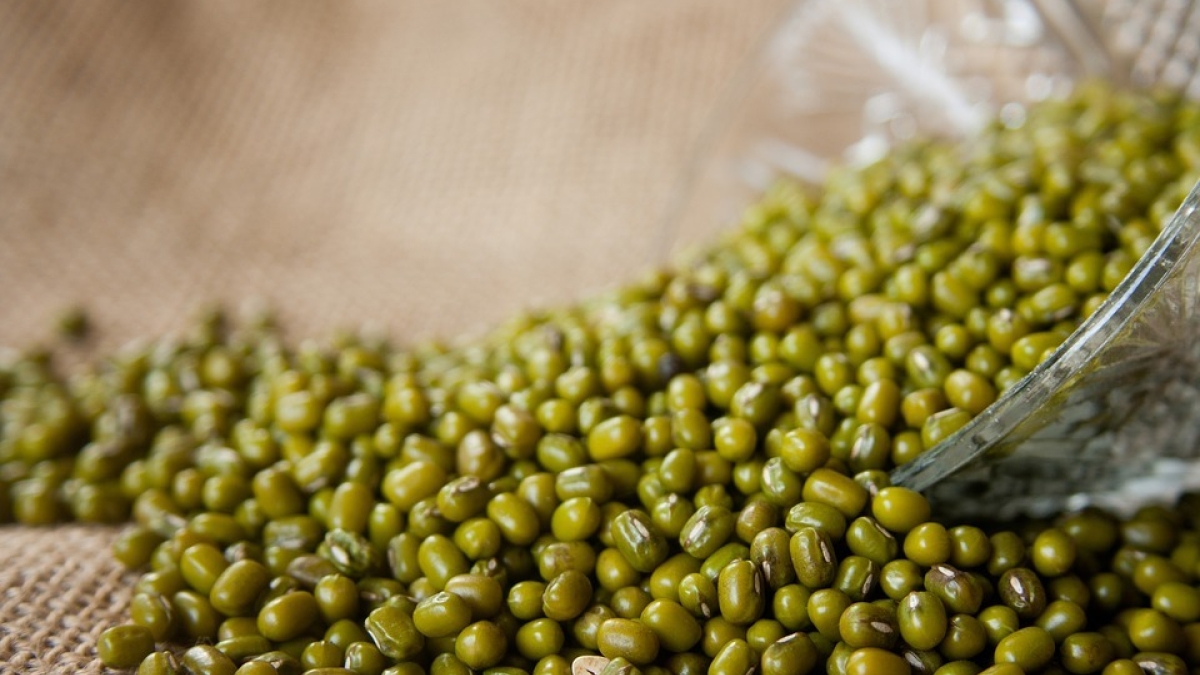People have a number of reasons for adopting plant-based diets, from improving their health to concerns about animal treatment to a desire to minimize their carbon footprint. But there is one good reason to be mindful of how they do so: the possibility of becoming nutrient deficient.
“Although vegetarian diets are considered generally protective against chronic disease, nutrient deficiencies, including protein, are possible due to low bioavailability from plant-based sources,” wrote Arizona State University College of Health Solutions professors Carol Johnston and Chris Wharton in a paper published this month in the journal Nutrients.
Bioavailability refers to how easily a nutrient is absorbed, which varies based on the source. Humans are able to absorb protein from animal-based food sources very easily, but it is much harder to absorb protein from plant-based sources, making protein supplementation a priority for those who don’t eat meat.
In a study detailed in their paper, Johnston and Wharton examined the relationship between protein intake, strength and lean body mass (LBM) in 37 underactive vegetarians. For eight weeks, a small subgroup were given a mung bean protein supplement. At the end of the trial, researchers found improved strength among those who took the supplement compared with measures of their strength taken before the trial.
“The most interesting thing here was we were able to increase strength without exercise, by just having people consume a legume,” Johnston said.
The main goal of her research is to increase the governmental recommended daily allowance of protein for those who follow plant-based diets. Johnston explained to ASU Now why it’s harder to absorb protein from plants, other viable protein sources for vegans and vegetarians, and what other nutrient deficiencies they should be concerned about.
Carol Johnston
Question: Why is it harder to absorb protein from plant-based food sources?
Answer: There are a lot of constituents in plants that hinder the absorption of protein. For example, fiber. Fiber is an antinutrient, meaning it blocks or slows digestion; so it acts as a barrier to absorbing whatever nutrients are around it. There’s no fiber in animal products like meat or dairy, so protein digestion isn’t hindered when we consume animal products, but in plants, it is.
The other thing, along with a reduced ability to digest and absorb protein from plants, is the fact that protein is made up of amino acids, and the amino acid needs of different species — such as animals vs. plants — vary because of differing metabolism requirements. Animal-based foods are almost perfect for humans because we’re also mammals, whereas plants are so different from us as a species that they have different amino acid requirements. So they’re not as suitable sources of nutrients for mammals.
Q: Why mung beans? Are they the best source for plant-based protein, or are there others?
A: Mung beans are a legumeA legume is a plant in the family Fabaceae, or the fruit or seed of such a plant. The most common variety of legumes are beans., which tend to have a higher amounts of protein than other plants, like apples or bananas. So if you’re a vegetarian, you’re encouraged to eat legumes as your protein food source. And mung beans are a legume that can be raised very sustainably, so that was interesting for us, as a large part of Chris’ research area is sustainable food systems. But peanuts are also a good source of plant-based protein; they’re actually one of the best. Really, any legumes are considered to be good protein sources.
Q: Many vegetarians still eat animal-based foods, like milk and cheese, though. Are there any meat-free animal-based foods that are good sources of protein?
A: I would go for a whey protein supplement. Because you can just mix it into your drink and it’s so cheap.
Q: Aside from protein, are there any other nutrient deficiencies vegetarians should be aware of?
A: Oh, yes: B12. It’s a vitamin only found in animal products, mostly meat. When you go to dairy, B12 is there but in lower amounts. When you go to the plant world, there’s none, so that’s a big concern with vegetarians. I tell people, “Don’t even play with that, just take a supplement.” There have been horrendous reports in the research literature about kids raised by vegans who have major mental deficiencies by the time they’re 2 years old because B12 deficiency makes the brain shrink. It can be misdiagnosed as Alzheimer’s in adults, which is horrible because a B12 deficiency is totally curable. So all vegetarians need to supplement B12.
Calcium is not usually that big of a problem; you don’t see a lot of calcium deficiency among vegetarians in the U.S., at least, because most vegetarians in the U.S. are still getting an adequate amount of calories, and calcium is also in veggies. Another concern might be Vitamin D, but if you’re getting adequate sun exposure, you should be good with that. In general, I just recommend a good multivitamin supplement to any vegetarian.
Top photo courtesy of Pixabay
More Health and medicine

College of Health Solutions alumnus named Military Medic of the Year
By Keri Hensley and Kimberly LinnJonathan Lu has looked out for the health of his fellow military service members his whole career, starting with his role as a combat medic in the U.S. Army.Driven by…

ASU, Mayo Clinic forge new health innovation program
Arizona State University is on a mission to drive innovations that will help people lead healthier lives and empower health care professionals to develop novel new health solutions. As part of that…

Innovative, fast-moving ventures emerge from Mayo Clinic and ASU summer residency program
By Georgann YaraIn a batting cage transformed into a custom pitching lab, tricked out with the latest in sports technology, Charles Leddon and his Mayo Clinic research teammates scrutinize the…

